
We just returned from one last jaunt before I leave South Africa – a trip down the stretch of coast known as the Garden Route. We flew to Port Elizabeth on lowfare Kulula then rented a car and followed the curves of the Indian Ocean coastline, which winds past Jeffreys Bay, Knysna, Wilderness and one walkable beach after another. We spent many mornings and evenings walking along the surf and finding sea shells. No bellies to bury in the beach but our bare feet loved the silky sand!
We spent a couple nights in a cabin above a rocky beach at Tsitsikamma National Park, where we could sit with face to the ocean and back to a forest of indigenous trees. The trail we had planned to hike had been closed due to fire, but we figured out how to act like tourists and did little hikes and drives and explorations. One day we got harnessed up for a zipline experience, which was like hanging from high wires to zip back and forth across a river gorge.
Turns out Capetown is not the tip of Africa, as I thought

when I was last here. The real southernmost point is Cape Agulhas, where a little road leads past a lighthouse to the monument marking the spot, and the waters of the Atlantic and Indian Oceans do their wild dance. On the afternoon that Carla and I reached this point, a wind was whipping up the sea and trying to blow us over. I'm sure it's a cousin of the winds that blast Kodiak Island.
In the lovely town of Hermanus, we stayed with Carla’s friends Micky and Daan (sounds like “Don”), who have a pasture for a horse called Welvaart and a huge vegetable garden covered with wire to keep the baboons out. Micky also grow

s old-fashioned roses of more varieties than I knew existed, and she makes incredibly fragrant potpourris. Each morning we drank rooibos tea and ate bread that Daan bakes i

n a woodstove. One day we took a long hike on the trails of Fernkloof, a beautiful area on the ridge above Hermanus where proteas grow profusely - whole hillsides of proteas.
Every time we drove to the seaside we saw whales. Southern right whales come to this coastline every spring to mate and calve in the protected waters down here. They feed in Antarctica during the other months. In Alaska I often have the pleasure of seeing orcas and humpbacks and belugas but usually not as close as these right whales, who lazily hang out just offshore with their babies (BIG babies), occasionally rolling or leaping or lobbing their tails.

We drove on to Capetown on a rainy afternoon, then next morning in sunshine we meandered between the coast and Table Mountain. The vistas are breathtaking, and I would love to return to do some serious hiking.
While in the Cape I reconnected with some of my South African German family – people I still love after all these years. I had corresponded with my mom Ruth for fifteen or twenty years after I lived with them in Johannesburg in 1973, but had lost contact in the last ten or fifteen years. I found Gunter, the oldest son, via a google search so I pic

ked up the phone and found out that it was indeed the right family. So one afternoon in Paarl, just north of Capetown, Carla and I had tea with Ruth. Fun to find her looking so good and to converse about new things and old. She had moved to the Cape seven years ago after Hermann passed on. Gunter also settled in Paarl, Renate lives in Pretoria, and Harald is in Capetown.
That evening we had dinner with Gunter – a tall, handsome version of the 12-year-old boy I knew – and his wife and their two children. A big sign outside Gunter and Gisela’s home reads “Human Bean Sanctuary,” which Gisela reminded me comes from
The BFG (Big Friendly Giant) – one of the many Roald Dahl books I read to Marie, Hanna, and Heather when they were small. So it was great to be human beans together around their table, and Carla did her best to occupy the two lively children while I caught up with Gunter and talked about African matters with Gisela.
From Capetown we took another Kulula flight. It felt kind of homey to get back to Jozi. Maybe I’m getting fond of this partly old, partly new city. I’m definitely becoming more adept at carrying home around inside me. And Carla has been a provocative, insightful, and protective guide to post-1994 South Africa. She has gotten to know this country more deeply than I did and has a connection that goes beyond mine. Sometimes we have feisty exchanges that alternately make me mad and challenge my thinking, like a microcosm of South African politics. Being present in this country, even for just a couple months, lets me know, again, that judging something from afar - whether positively or negatively - is easier than making sense of things close up.
It’s something of a marvel to reconnect with someone beloved from birth in a new and quite different situation. There are times when I wonder how in the heck Carla became this person I am getting to know afresh. There are other times when she seems a perfect reflection of her mom or dad, who I know so well. I have treasured this time together. We laugh so much and talk about everything, just as we did when we lived a few blocks apart on the same street where our parents still live. Carla knows how to laugh so well and it’s as contagious now as it was when we were ten.
Yesterday we went with Romeo and Tebatso to Maropeng, the Cradle of Humankind world heritage site, built into a grassy hill outside of Joburg. A wonderful place for all of us hominid descendents to visit! Tebatso tried to explain to us what maropeng means. "Home sweet home" is perhaps the closest English translation. Returning to one’s place of origin is another way to describe it. Tebatso said that walking through the displays at Maropeng made her ask questions, mostly about death. It made me ask questions too, mostly about life. And being there with Romeo was just plain fun. He picked up a drill that was part of one hands-on exhibit, probably inspired from watching Carla (earlier in the day) use the drill and other things from her bottomless toolbox to replace a broken lock at Tebatso's home in Soweto. So wonderful to have these 21st century bodies and brains. Now if we can just remember that none of us are passengers on spaceship earth (in the words of Marshall McLuhan many years ago) - We are all crew.


Just when I’m getting used to being a “we” – eating, sleeping, and laughing in the company of my new/old cousin friend – I’m soon to take off for Uganda. My youngers and elders are also in motion right now – Heather and Hanna driving from New York to San Francisco, Mom and Dad from Nebraska to Oregon. I will have one more stint in Uganda before flying to NYC where I will find one of my loving anchors (Marie!) and then by mid-December I will be back in Alaska with another loving anchor (Don!). How long I will stay put, only time will tell.
 Last spring (northern hemisphere spring) when I was reading descriptions of
Last spring (northern hemisphere spring) when I was reading descriptions of 










.jpg)






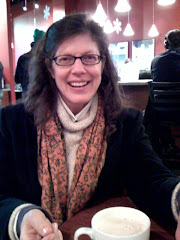





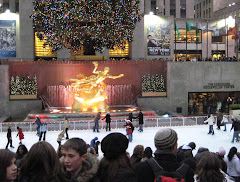.jpg)

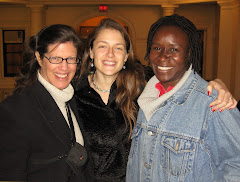.jpg)


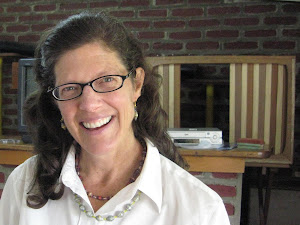.jpg)

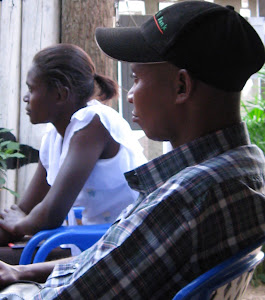.jpg)
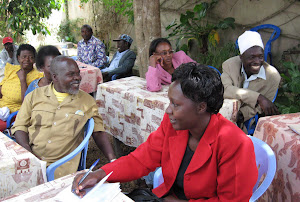.jpg)
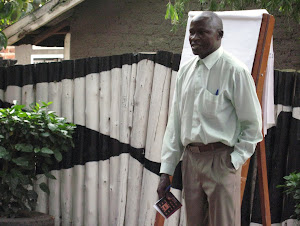.jpg)















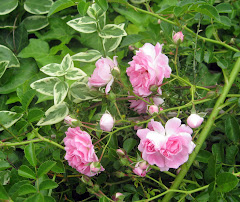












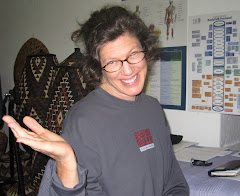



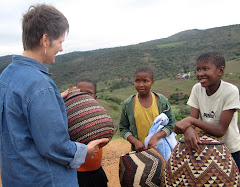.jpg)




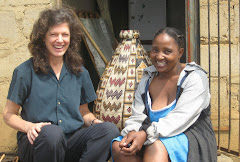










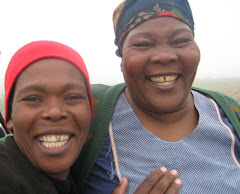.jpg)

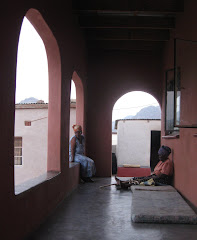.jpg)

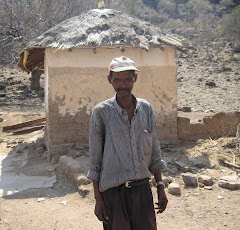.jpg)
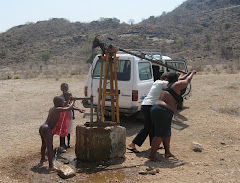.jpg)
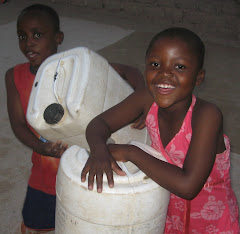.jpg)
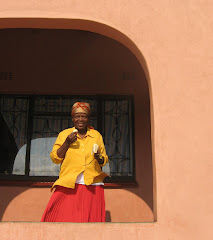.jpg)

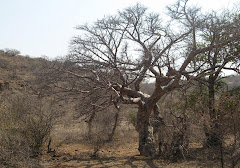.jpg)



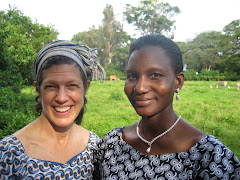



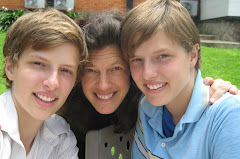.jpg)
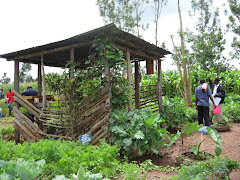
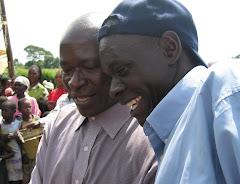.jpg)

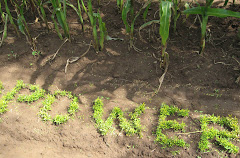.jpg)
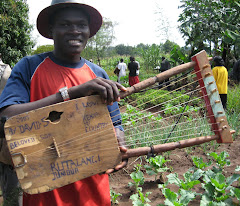.jpg)





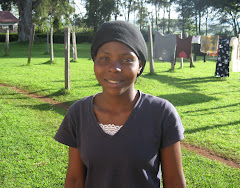.jpg)



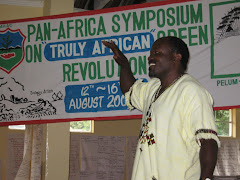

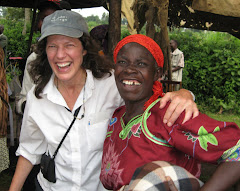.jpg)
















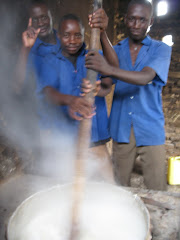.jpg)










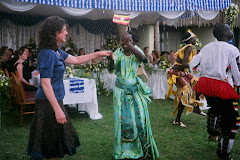.jpg)
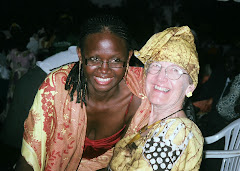.jpg)



